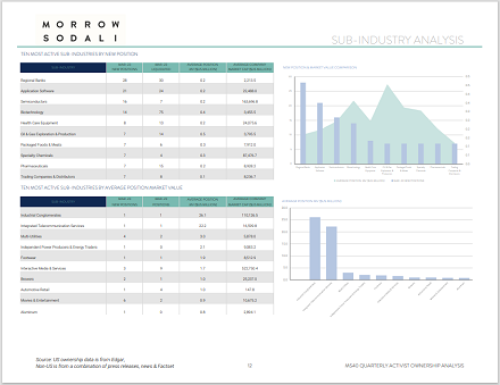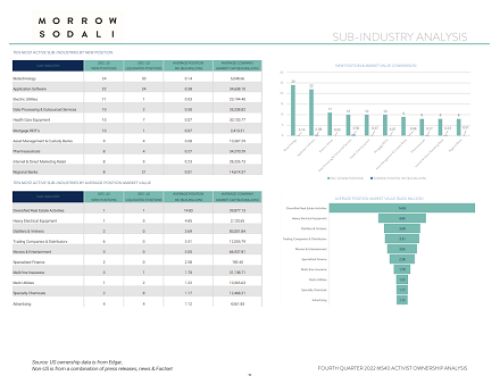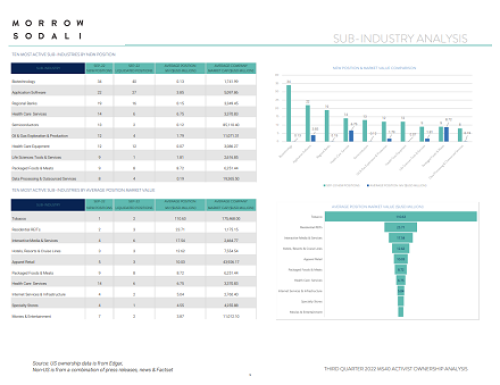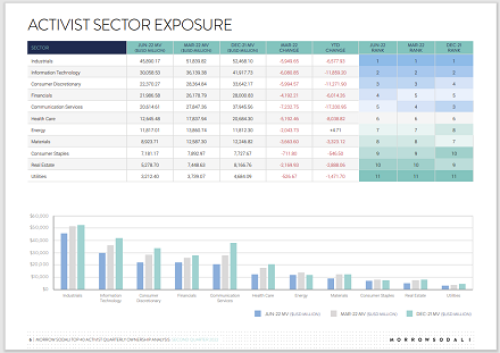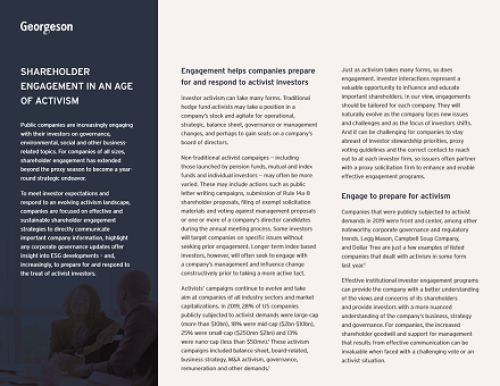Tim Human’s monthly M&A column
The number of poison pill defenses in place at US firms has been steadily falling over the last 10 years. In 2001 there were 2,218 poison pills in force at US-incorporated companies, according to SharkRepellent, a firm that monitors corporate takeover defenses. By 2010, this number had dropped to 869.
That doesn’t mean shareholder rights plans are being phased out completely, however. While the number of poison pill defenses sitting on the books has dropped off, it’s easy enough for firms to stick them back up at a moment’s notice. A case in point is Clorox, the household goods company, which in July set up a shareholder rights plan as soon as activist investor Carl Icahn came knocking. Clorox adopted the plan on July 18, after Icahn made a bid of $76.50 and called on other potential buyers to come in and top his offer.
Whether or not a court upholds a poison pill defense as legitimate depends very much on the circumstances. In Delaware, where the majority of US companies are incorporated, judgments have gone both ways in recent years.
Pills set up just to protect the board will be looked on unfavorably by judges. But if it is deemed that a bid fails to take into account a company’s long-term prospects, then courts may uphold a poison pill as legitimate.
Another popular reason to bring in a pill is to protect the tax relief companies get from accrued net operating losses; this relief can be lost if control of the company changes.
The number of pills in force has fallen because having a very robust takeover defense ‘has a dampening affect on the valuation of the company,’ says Paul Downs, a partner at law firm Jones Day.
On the other hand, Downs adds, it’s nice to have one in your back pocket in case an activist makes a bid. ‘You may want to trot one out,’ he says. ‘It may be challenged, it may not hold up, but it could slow down the process enough for you to find somebody else or at least just drag things out long enough to discourage the potential acquirer.’
This article appeared in the September print edition of IR magazine.


